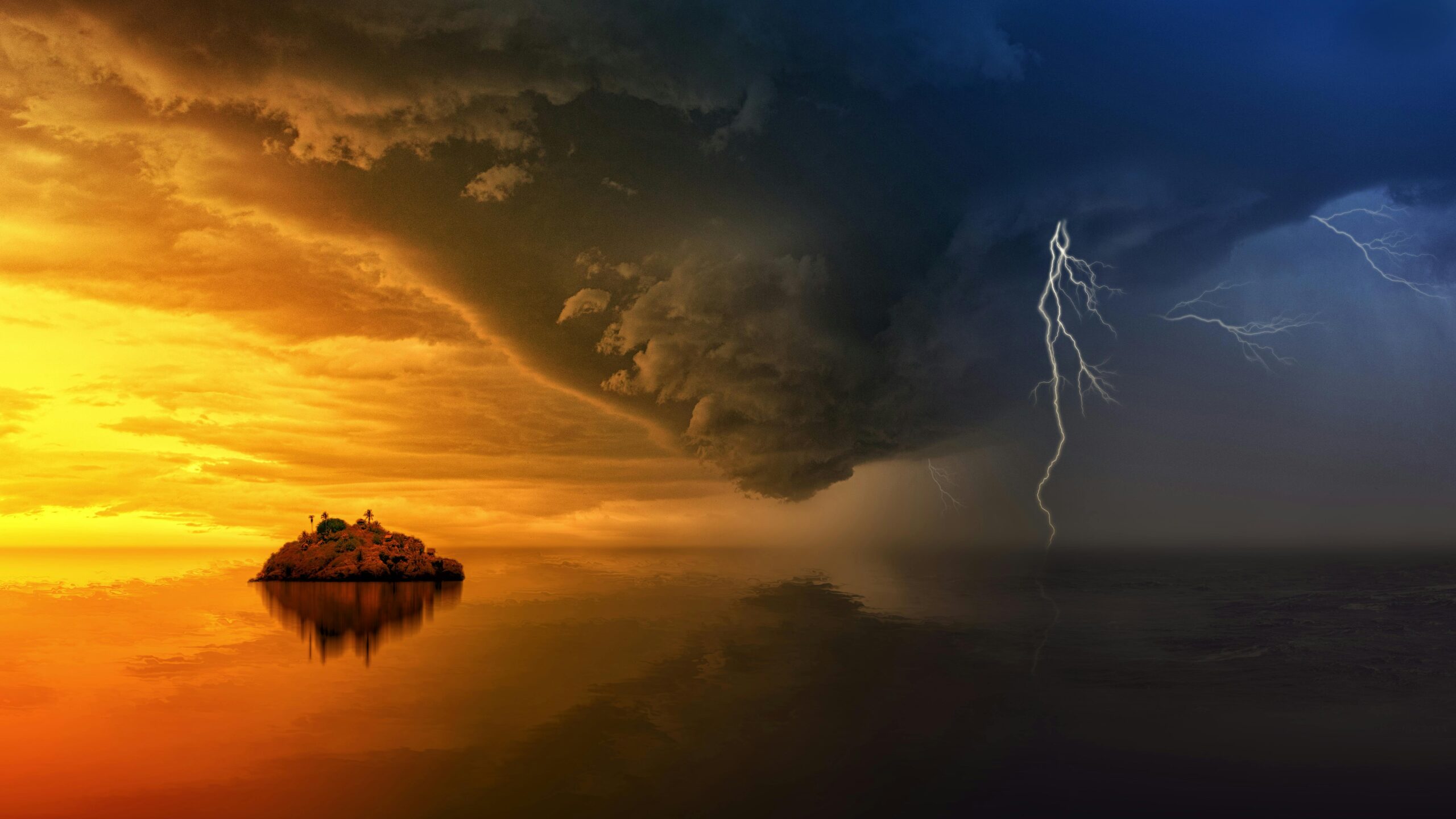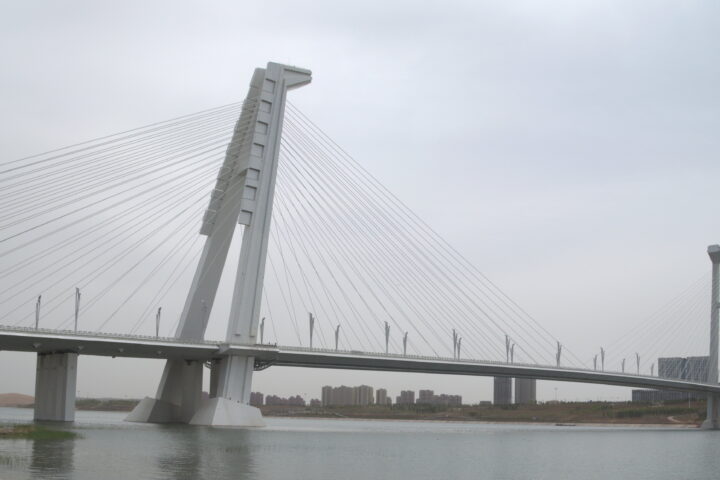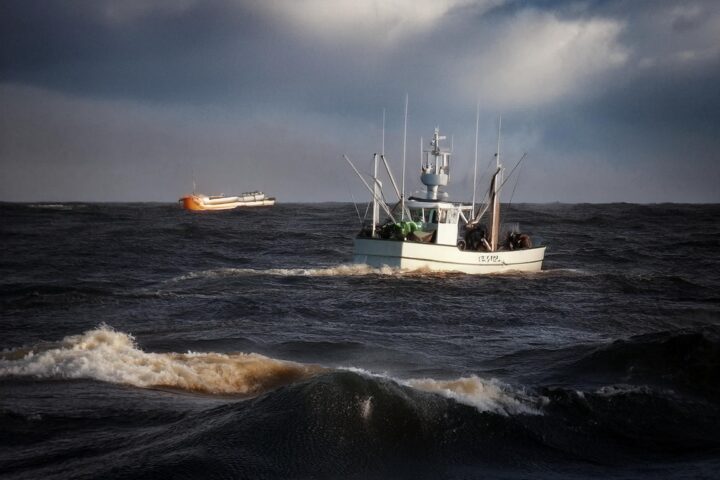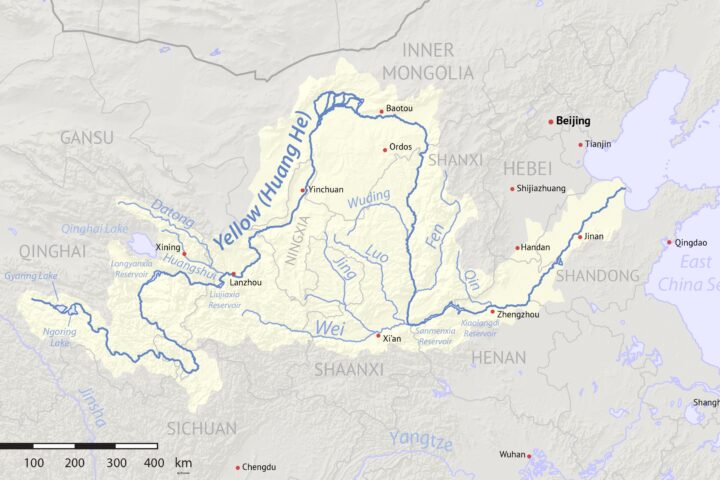Source: Pexels Free Stock Photo-jplenio-Island During Golden Hour And Upcoming Storm ·
Get to know about weather trends in the 2020s which broke all previous records. Learn why this has been happening and if there is a solution.
The 2020s have been one of the most extreme in terms of damage caused by some weather patterns never seen before. Painful heat waves, untamed bush fires, strong rainfall, and unpredictable droughts appear on the earth, breaking down all boundaries and compels one to think of the wellbeing of our earth.
The future is simply alarming. These phenomena are not only of great concern, but also require efforts to understand the causative factors and examination of the available solutions.
Breaking records
News headlines are getting made every other year about some new record that has been broken by unprecedented weather condition. Here’s a few:
- Heatwaves and Wildfires: The 2020s have seen some of the hottest years on record. Such events include the record-breaking summer temperatures that swept through the Pacific Northwest region of North America and up into Canada in 2021, when the temperature in Lytton British Columbia reached a whopping 121 degrees Fahrenheit (49.6 degrees Celsius). This blaring heat led to the eruption of massive wildfires which consumed millions of acres of land and homes while also claiming several lives.
- Hurricanes and Tropical Storms: The Atlantic hurricane seasons in the year 2020 and the decade after have been some of the most dangerous seasons ever recorded in terms of storms. In the year 2020 still, there were 30 named storms which was the highest number of storms recorded in a single season with only 12 of them making land fall in the US.
- Flooding and Heavy Rain: During the 2020s, notable flooding events have also been observed. For instance, landslides caused by heavy torrential rains in Germany and Belgium resulted to over 200 fatalities and property losses estimated to be in billions. In the same way, Zhengzhou city in China received a year’s worth of rain in three days causing even greater calamities.
- Droughts: Further poignant changes are the droughts experienced in the decade especially the western part of united states. These droughts, overused, which are caused because of climate changes, drained water, dwindled agricultural activities, and promoted wildfire threats. In July 2023, nearly eight percent of the total land area on the planet was suffering from extreme drought which was, again, a completely new record. It surpassed the previous year’s record of 6.2 percent land area.
Reasons
While it is true that these are called natural calamities because they are caused by nature and are therefore, unpredictable, it is also true that recent advances in human civilization have more or less led to situations which can cause phenomena like this to occur. Our activities have a direct impact on what happens on the planet. And mother nature also knows how to strike back:
- Global Warming: The average surface temperature of the earth has been going up because of the increase in greenhouse gases in the atmosphere. It has been reported that this warming leads to more severe and more frequent heat waves and augmented fluctuations in precipitation that lead both to droughts and floods.
- Ocean Warming: Almost 90% of the heat produced by greenhouse gases is taken by the oceans of the world. Warmer oceans not only cause the ice caps to melt away but also breathe life into deadly cyclone and typhoons.
- Atmospheric Changes: Other effects of climate change are also seen in changes in the behavior of atmospheric currents such as jet streams. These alterations can result in extremely severe weather conditions which last longer, such as prolonged heat waves or cold waves.
- Other Human Impacts: There are many more processes like Urbanization, deforestation, and land-use changes which also enhance the already existing dangers of climate change. For instance, urbanization can result in an increase in the temperature of cities which have been built after cutting down trees and “urbanizing” the area.
Solutions
The situation of extreme weather trends in the 2020s needs to be acted upon with immediate global response coordination. Even though the situation is very bad, there are a few approaches that can prove helpful in addressing climate change:
- Reduction of Greenhouse Gases: The most important step is that gas emission should be greatly cut down by moving from fossil fuels to solar, wind, hydro and other renewable sources. Reduction of CO2 levels or the carbon footprints requires policies that encourage the use of energy efficacies.
- Building Climate Resilience: Communities need to build and use infrastructure and technologies that can endure harsh climatic situations. This involves construction of flood prevention measures, better management of water systems and putting up facilities that are able to withstand high and low temperatures.
- Reforestation and Preservation: The importance of vegetation and proper management of this vegetation for the purpose of reducing climate changing gases is vital. Conservation measures should look into the prevention of the impacts of global warming on sensitive habitats as well.
- International Efforts: Climate change is a problem that affects all nations and therefore all nations are expected to do their part to deal with this problem. Different nations have to come together and ensure that they attain what has been stipulated in various discussions. Paris Agreement is one such example which advocates for keeping warming below 2 degrees Celsius compared to the temperature levels before the industrial revolution.
- Awareness and Education of the Public: And lastly, we need to start raising our voices to create awareness about the reasons behind such record-breaking natural calamities and the consequences this will have in the future. Educating the people about how they are influencing the environment can never go bad and will hopefully only take us to newer and better heights.
Resources
- Akshit Sangomla. (2024, July 3). Hurricane Beryl breaks records, blasts Caribbean: Earliest Category 5 storm ever is being fueled by warming oceans. Down to Earth; Down To Earth. https://www.downtoearth.org.in/natural-disasters/hurricane-beryl-breaks-records-blasts-caribbean-earliest-category-5-storm-ever-is-being-fueled-by-warming-oceans#:~:text=Hurricane%20Beryl%20breaks%20records%2C%20blasts,being%20fueled%20by%20warming%20oceans&text=Hurricane%20Beryl%2C%20currently%20hurtling%20towards,in%20the%20North%20Atlantic%20Ocean
- “More Heat, More Often”: Temperature Records Keep Breaking. (2024). The New York Times. https://www.nytimes.com/2024/07/11/climate/global-warming-heat-records.html
- Basara, J., & Barlow, M. (2024, July 9). Extreme heat is breaking global records: Why this isn’t “just summer,” and what climate change has to do with it. The Conversation. https://theconversation.com/extreme-heat-is-breaking-global-records-why-this-isnt-just-summer-and-what-climate-change-has-to-do-with-it-234249#:~:text=Death%20Valley%20hit%20125%20degrees,there%20and%20in%20the%20Northwest.
- Cohen, L. (2023, July 14). Record-breaking heat, flooding, wildfires and monsoons are slamming the world. Experts say it’s only begun. Cbsnews.com; CBS News. https://www.cbsnews.com/news/record-breaking-heat-flooding-wildfires-and-monsoons-are-slamming-the-world-its-only-just-begun/
- Krishnamurthy, R. (2024, August 23). Climate change accelerates: 2023 set multiple new records for drought, with nearly 8% of land area severely affected. Down to Earth; Down To Earth. https://www.downtoearth.org.in/climate-change/climate-change-accelerates-2023-set-multiple-new-records-for-drought-with-nearly-8-of-land-area-severely-affected#:~:text=Nearly%208%20per%20cent%20of,year%20earlier%20in%20July%202022.
- ocean, E. (2016, September 5). Explaining ocean warming: Causes, scale, effects and consequences. IUCN. https://iucn.org/news/marine-and-polar/201609/explaining-ocean-warming-causes-scale-effects-and-consequences
- How can climate change affect natural disasters? | U.S. Geological Survey. (2017, December 31). Usgs.gov. https://www.usgs.gov/faqs/how-can-climate-change-affect-natural-disasters
- Whiting, K. (2023, August 4). Climate change: 7 ways the world can cope with heatwaves. World Economic Forum. https://www.weforum.org/agenda/2023/08/climate-change-heatwaves-cooling-solutions/
- Extreme Weather – NASA Science. (2023, August 7). Nasa.gov. https://science.nasa.gov/climate-change/extreme-weather/
- What Are the Solutions to Climate Change? (2022, December 13). Nrdc.org. https://www.nrdc.org/stories/what-are-solutions-climate-change














